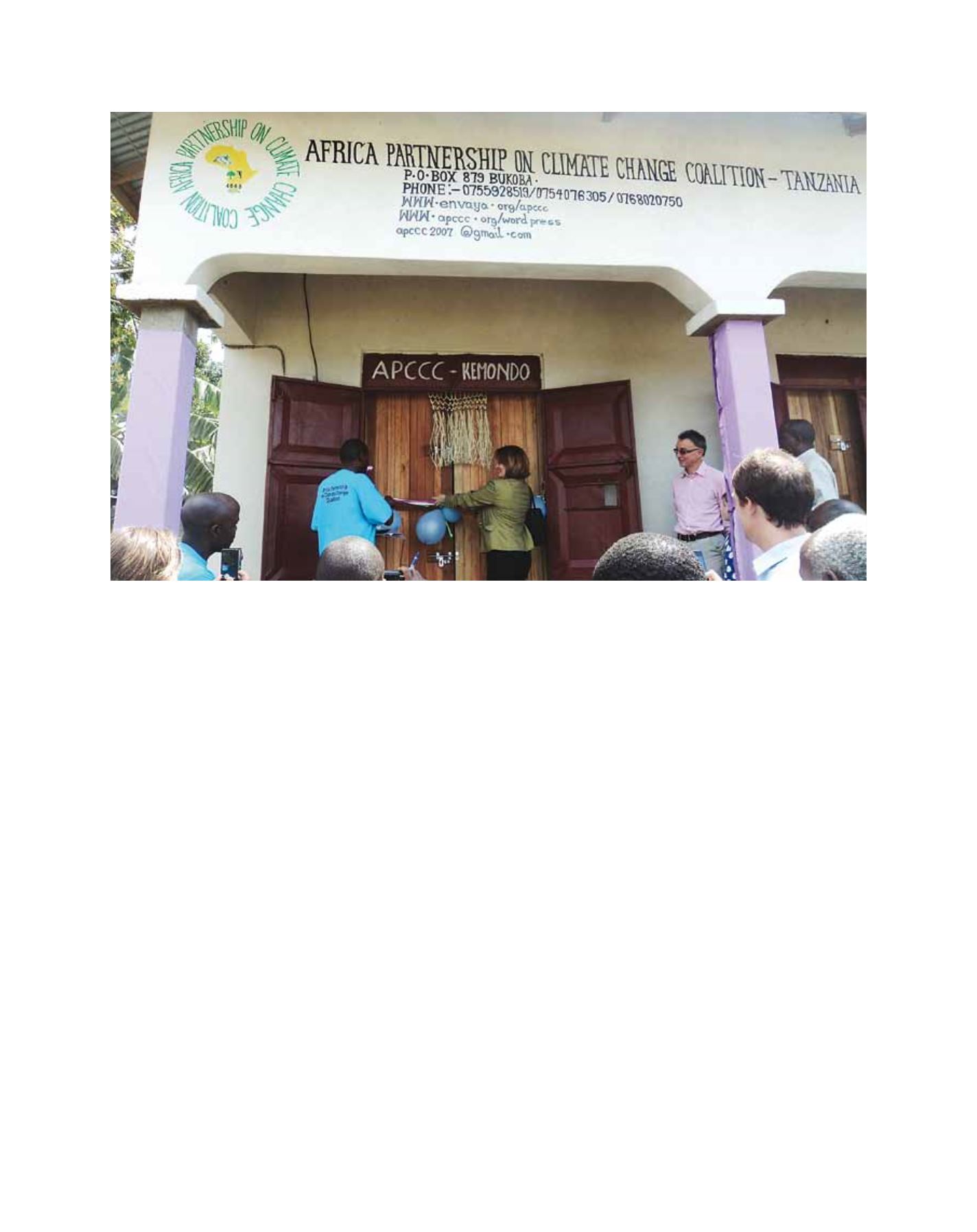

[
] 260
C
apacity
D
evelopment
go beyond their core expertise, widening their studies to assess the
impact of a varying and changing climate on society. Furthermore,
many of the participants are users of information about climate
change, and therefore need to approach the NMHS to discuss what
data is available for their respective study. Most certainly this also
paves the way for the development of better, easily accessible and
comprehensible climate services for the benefit of society in devel-
oping countries.
Many of the individual projects completed during the training
programme have focused on the important aspect of long-term and
continuous interaction between climate change specialists, decision-
makers and stakeholders. In a complex decision-making processes,
especially when basic data are uncertain, there is a need to identify
adaptation options that function over a wide range of climatic condi-
tions now and in the future. Consequently the dialogue may need
to continue over several years. Consultation should also take into
account new research findings, the use of climate scenario ensem-
bles and innovative approaches to mitigation.
Evaluation shows encouraging results
Until now, a total of 450 participants have undergone the training.
The funding agency Sida has an overall objective to fight poverty,
which leads to an orientation towards specific countries and regions.
French-speaking West Africa is one such prioritized region, which
explains the large number of attendants from this region. Sida sets
a high priority on the evaluation of both immediate and long-term
results of the training programme. Approximately 50 per cent of
all participants have been asked to respond to an evaluation ques-
tionnaire 12 month after the regional seminar. The purpose of the
evaluation is to find out whether the programme has
encouraged further work on climate change. For the
remaining 225 participants this survey is still due.
Results from the survey show there is a strong belief
that the knowledge acquired through the programme
has been beneficial for participants’ organizations. As
many as 95 per cent answered that it had been beneficial
to a large or very large extent. Most respondents say
that they are still using the knowledge and tools they
received throughout the programme.
The majority of the participants who have answered the
survey have joined an existing network. This opens oppor-
tunities for further cooperation and exchange of information
and experience between the participants. More than 10 per
cent have been involved in starting up new climate change
networks. One example is from Bukoba in Tanzania where
a former participant, from the 2007 programme, has started
a network called the Africa Partnership on Climate Change
Coalition (APCCC). The organization is growing day by
day and currently tries to implement low-carbon growth
activities in the Kagera region.
Many of the participants believe that their participa-
tion in the programme has led to an increased awareness
among the public and decision-makers. Over 80 per cent
answered that the programme had led to greater influ-
ence to a large or very large extent. A single participant
cannot change anything unless the rest of the community
understands the importance of the problem and therefore
this is an important step towards real change.
The official opening of the APCCC office in Bukoba, Tanzania in 2012
Image: APCCC
















